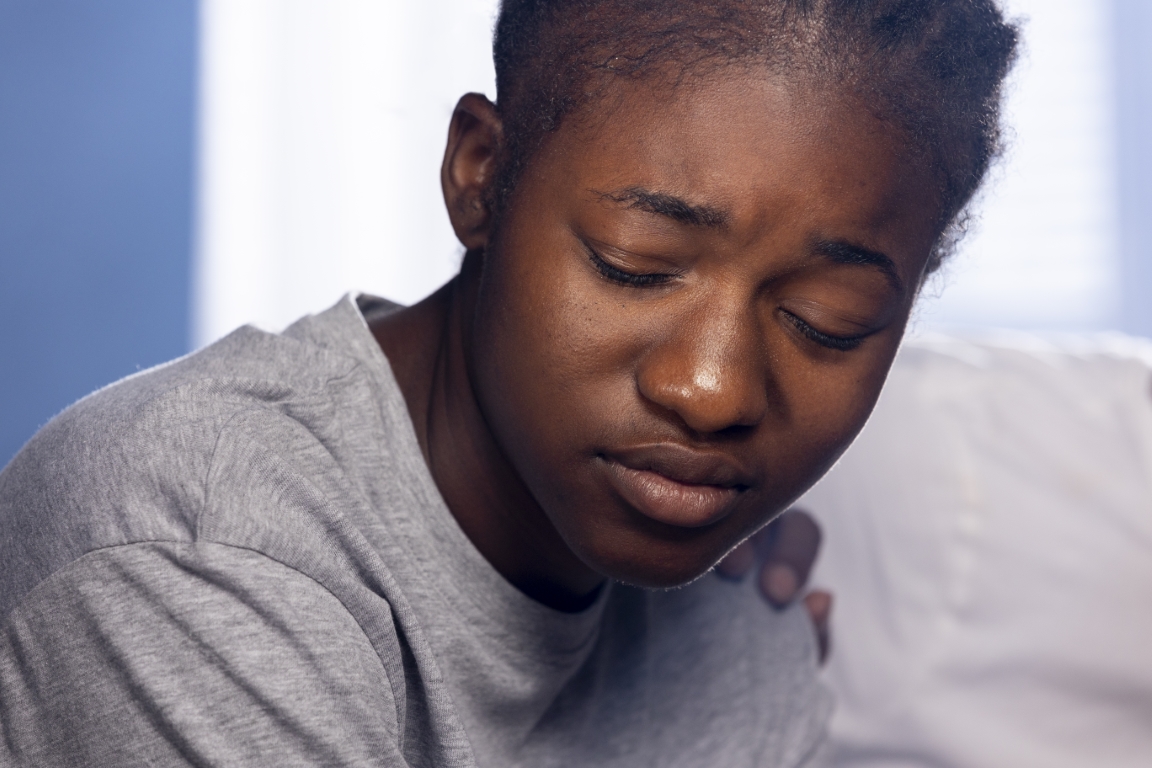Gender-based violence (GBV) is a pervasive issue that affects individuals and communities across cultures, leaving behind destructive consequences. In Nigeria, the most populous nation in Africa, GBV continues to persist despite increased reporting. While it is encouraging that more survivors are finding the courage to speak up and share their stories, the prevalence of GBV raises serious concerns about the underlying reasons and institutional factors that contribute to its persistence.
According to the Nigerian Gender-Based Violence sub-sector report (GBVIMS Mid-Year Report) for 2020, 99% of all reported incidents of GBV in Nigeria affected women and girls. This includes various forms of violence such as physical, sexual, verbal, financial, or mental abuse, rape, defilement, sodomization, coercion, and deprivation of liberty. Shockingly, approximately one in every three women aged between 15 and 49 in Nigeria has experienced different forms of sexual abuse.
The report further highlights that sexual violence, including rape and assault, accounted for 17% of the total incidents reported. Disturbingly, 21% of these reported incidents were perpetrated against children, with an average of one in every five reports coming from children themselves. Out of the cases reported by children, 29% were made by unaccompanied and separated children. It is deeply concerning that 48% of the incidents reported by children involved sexual violence.
While more women are bravely coming forward to report GBV, the slow dispensation of justice in the trial of sexual offenders contributes to the escalating atrocities. Abiola Akiyode-Afolabi, the Executive Director of the Women Advocate Research and Documentation Centre (WARDC), emphasizes that the failure to punish offenders and provide assistance to victims indirectly encourages the continuation of these crimes.
Tragically, when authorities fail to act or when family members and close relatives conspire to cover up such crimes, they leave behind deep emotional scars that may never heal. The story of 13-year-old Uduak (not her real name) exemplifies this. Uduak’s mother chose not to report the sexual abuse she suffered to the police because her stepfather convinced her that nothing would be done about it. The crime was allegedly committed by Uduak’s older step-siblings. Akpan, then 22 years old, raped her while their parents were away on a trip. Upon realizing his actions, Akpan disappeared from the home, leaving Uduak’s mother with no room to pursue justice. As a result of the incident, she and her children left the home she shared with her ex-husband and now live in the suburbs of FCT. Mama Uduak says she regret getting married to her now ex-husband and taking her children along with her. Sadly, her regret cannot undo the emotional damage that has been done to Uduak.
This case represents just one of the many unreported incidents that have traumatized children for life. In 2020 alone, the Nigeria Police received over 717 reports of rape within a five-month period, from January to May. These numbers shed light on the gravity of the situation in the country.
Disturbingly, out of over 3,000 cases of sexual and gender-based violence (SGBV) reported in six states, only 11 resulted in prosecutions, as revealed by former Minister of Women Affairs, Mrs. Pauline Tallen. In the Federal Capital Territory (FCT) alone, 444 SGBV cases were recorded, with 443 of them still pending in various courts due to bureaucratic obstacles. Shockingly, only one conviction has been secured out of all the reported cases. Mrs. Ngozi Ike, a desk officer at the FCT sexual and gender-based violence response team, attributes the lack of punishment for offenders to corruption within the security apparatus, where cases are purposely delayed or buried.
Tochukwu Odele, a Child Protection Officer at UNICEF, notes that Nigeria’s political structure presents a barrier to the implementation of gender laws. A survey indicates that many children who experience GBV do so within their own homes, creating a cycle where those raised in violent environments are more likely to become violent adults themselves.
Our Recommendation
To effectively address this issue, Nigeria needs to establish special courts dedicated to hearing cases of sexual and domestic violence. Regular courts often prolong the process, leading to delays and injustice for survivors. By creating specialized courts, justice can be more efficiently dispensed to survivors, ensuring that their voices are heard and their rights protected.
Final Thoughts
It is imperative that Nigeria takes comprehensive action to tackle gender-based violence. The establishment of special courts would be a crucial step towards delivering justice to survivors and breaking the cycle of violence. It is only by addressing the root causes and holding offenders accountable that Nigeria can truly create a safe and inclusive society for all its citizens.

